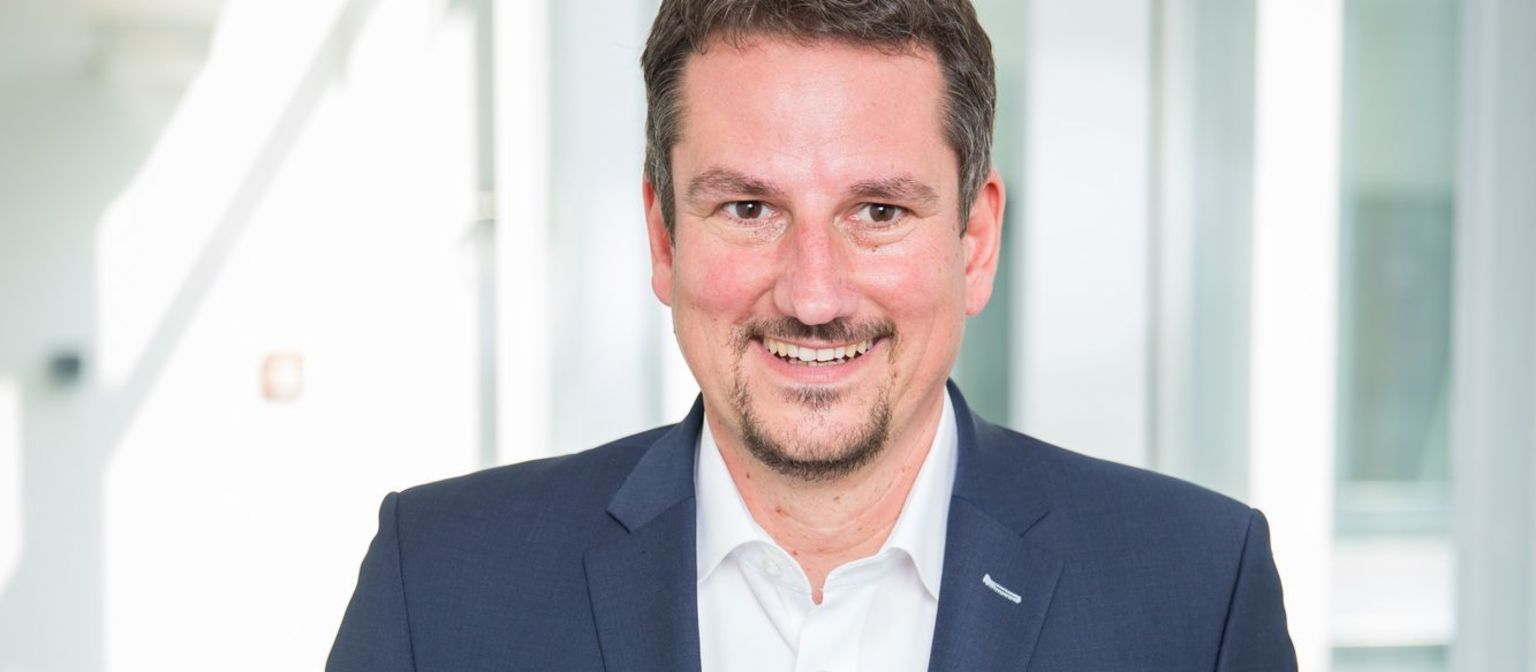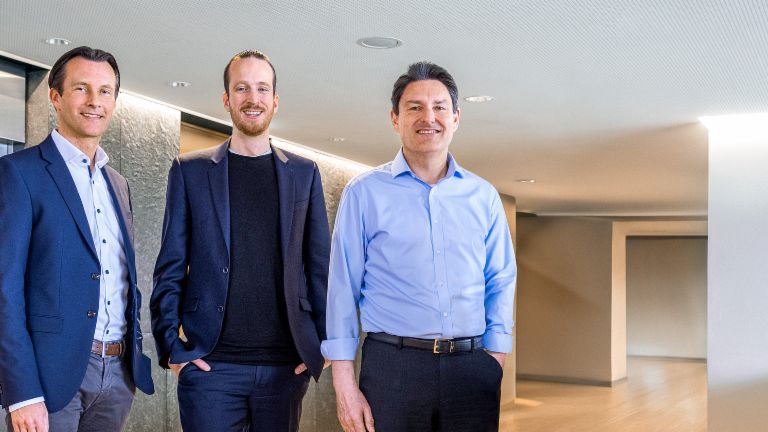Artificial intelligence: Why machines won’t make us unemployed.
Artificial intelligence (AI) will not do away with a lot of jobs but make them more interesting by taking over routine tasks. The key to AI success: companies have to whip their databases into shape.
- EOS survey: financial executives (47 percent) fear for jobs due to artificial intelligence (AI)
- Error rate in receivables management can be minimized with AI.
When it comes to the potential of artificial intelligence (AI), many think in big terms: “Just as electricity transformed almost everything 100 years ago, today I actually have a hard time thinking of an industry that I don't think AI will transform in the next several years,” said computer scientist Andrew Ng, for example. Ng headed AI research projects at the world’s largest search engines – Baidu and Google – and established an AI investment fund.
With the support of artificial intelligence, people will drastically reduce the error rate in receivables management. In any case, this is also what 30 percent of the financial executives from the survey think.
But there is a difference to earlier technical revolutions. Fear of job losses is now also affecting well-qualified knowledge workers. For example, almost half of the financial executives polled (47 percent) were anxious about job losses due to artificial intelligence. This was one of the findings from the survey “European Payment Practices” 2019. Financial services provider EOS had polled 3,400 experts in 17 countries and asked, among other things, what influence AI would have on receivables management in their companies.

AI systems help people avoid errors
“Those who immediately associate AI with ‘man versus machine’ often lack the necessary background information. Awareness-raising is the only way to counter this,” says Joachim Göller, Head of the Center of Analytics of the EOS Group. He and his team are working on AI solutions that help EOS with receivables management. “With the support of artificial intelligence, people will drastically reduce the error rate in receivables management. In any case, this is also what 30 percent of the financial executives from the survey think.”

The idea that a company is going to introduce an AI system and then dismiss part of its workforce is wrong, says David Goossens from Latentine. The Berlin-based AI start-up advises major companies from sectors like pharmaceuticals, logistics and technology, which often have no precise conception of what the technology actually can or should do. “Companies need to know where their personnel are being overwhelmed or not sufficiently challenged. We see highly qualified financial experts spending too much time on repetitive corporate management tasks while not having enough time to produce reliable, data-driven forecasts,” says Goossens.
Often there is a lack of data engineers
By using AI properly, a company will ideally become more competitive and can allow its staff to take on more interesting tasks. At EOS, for example, collection teams use artificial intelligence for routine cases, so that they can focus on those customers whose cases are more complex. Other sectors are also relieving their specialist personnel of standard processes. Finnish software company Basware, for example, has developed a virtual assistant that answers everyday queries in the procurement department. And Swedish bank SEB reduces the workload of its IT support with Ipsoft’s smart virtual assistant Amelia.
“First of all the company has to produce an overview: Where exactly can AI be used to automate simple tasks? Where can it make complex processes more user-friendly?”, says Goossens. It is at this stage that many companies realize that they lack the most important basis for introducing self-learning systems, i.e. the necessary quality and volume of data to feed the algorithms. “Generally, most companies don’t have data engineers,” says Goossens – i.e. those experts that ensure that all data are clearly structured and stored in one place. This is a challenge for companies where departments are still working with different IT systems and separate databases.

“Only verified data prevent machines from making the wrong decisions,” says Andreas Dix from the EOS Data Science Team. From thousands of cleanly documented collection cases the machine learning algorithms deduce which step will be the best one to take next in the interaction with the customer. “I think that ultimately, systems with artificial intelligence are always going to be a useful complement to human beings,” says Dix. “But the human being who checks things and makes important decisions will always be the most important factor.”
Download free EOS survey now. Link to survey portal
Please contact us if you would like more information.
Photo credits: IPsoft, Sebastian Vollmert / EOS, Achim Multhaupt, Latentine GmbH
Explore more from EOS



